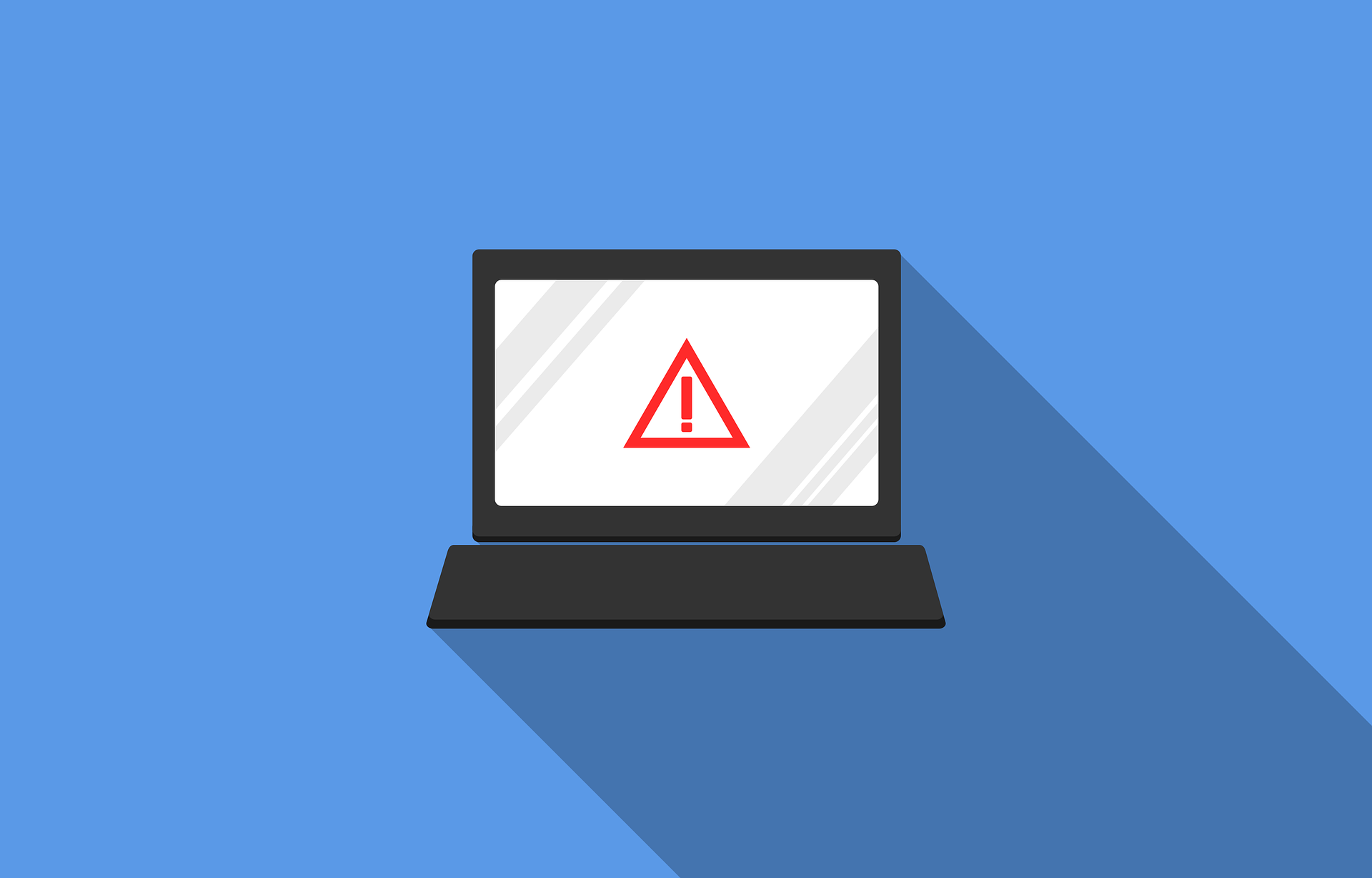How is the US Healthcare System Protecting Patient Data?

Data breaches, especially in the healthcare space, are pretty much common nowadays. Whenever you open a news portal, you’ll learn that another hospital has encountered a data breach where the hacker gained access to numerous sensitive patient records. Following the breach, the affected hospital gets hit with lawsuits from the patients – they believe that the former did not do enough to protect their health records. The patients’ worries are not invalid – their health records do contain various sensitive information. It can consist of their medications, medical history, illnesses, as well as other relevant data.
Since medical records contain sensitive information, only the healthcare providers should be provided access to it. However, there are talks going on which might provide patients with access to view their records. Sadly, the reality is vastly different – there are always third-parties who are on the lookout to steal patient records so that they can use it themselves or sell it to others.
How is patient data protected?
Technology has been an integral part of the US healthcare system and it digitized patient records into electronic health records (EHRs). Currently, almost every hospital uses EHRs, making searches faster, storing data easier, and so on. However, technology can bring in vulnerabilities along with it. On the other hand, protective measures can safeguard patient data – keeping the systems up to date, using the latest technology, or using a patient identification platform can go a long way.
Keeping the employees up to date with the materials and software they work with is extremely crucial. Each and everyone should know how important it is to keep patient data secure, which can be provided via training sessions. Simple things such as locking their computers when they leave their desks for breaks, using complex passwords, and using caution with received emails can reduce a lot of threats. Most data breaches occur nowadays because an employee was unfortunate enough to open an email, leading to phishing attacks. It is a hospital’s responsibility to ensure that patient records are safeguarded and they should convey this to their employees as well.
Even the law mandates patient records are protected- HIPAA enforces that patient records should not be released without authorization from the patients themselves. If not done so, and if medical identity theft occurs, the patients can hit the hospitals with a lawsuit. Moreover, a hospital has a 60-day window to inform patients regarding the data breach. These should be more than enough motivation for healthcare providers to protect patient data and prevent unwanted incidents.
However, even with most of these measures, many hospitals fail to prevent cybersecurity incidents such as data breaches. The numbers are only increasing – over 42 million patient records were breached in 2019. Moreover, there have been many data breaches in the first three months of 2020 already.
So, can patient data be protected? Well, several hospitals are admirably preventing medical identity theft – they are using RightPatient. It is a biometric patient identification platform that locks the medical records of the patients with their, you guessed it, biometric data. It captures a photo, scans the irises, and attaches it to the electronic health record of the patient during enrollment. Later on, whenever the patient comes to the hospital and the staff needs to pull up the EHR, all the patient needs to do is look at the camera and RightPatient identifies the accurate medical record within seconds. Not only is it fast, but it is also hygienic, creating a risk-free and contactless identification experience. If a fraudster tries to assume the identity of the patient, the platform immediately flags the person, preventing medical identity theft.
Healthcare providers have been using RightPatient and are reporting promising results such as improved revenue cycle, reduced medical identity theft, and improved patient safety via positive patient identification. As the platform locks the medical records, medical identity theft becomes impossible. Even in the case of data breaches, the records will remain locked, making them useless for the hackers.
